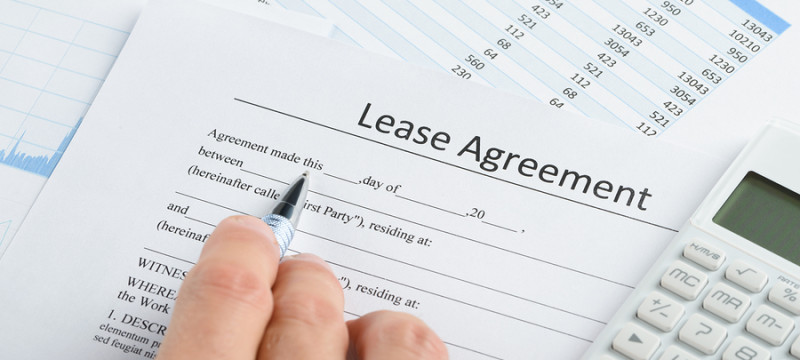
How Can My Business Avoid a Commercial Lease Dispute?
- July 25, 2016
- William Heyman
- Comments Off on How Can My Business Avoid a Commercial Lease Dispute?
Companies doing business in Maryland and throughout the United States frequently require commercial space to conduct their operations. In some cases, the commercial space may be an office or a manufacturing or production facility. In other commercial ventures, securing retail space may be necessary to expand the brand’s reach and market presence. In still other operations, the company may seek warehouse space or distribution facilities.
Securing a commercial lease is an essential step in nearly every company’s growth and development. However, the process by which a business leases commercial facilities can often make the difference between a business that struggles and one that thrives. Real estate attorney William Heyman can assess a commercial lease for potential legal pitfalls that can result in additional costs or litigation. Mr. Heyman has more than 20 years of practical experience providing legal advice and guidance to established corporations and emerging start-ups.
Meticulous Commercial Lease Drafting and Review Can Protect your Company from Legal Disputes
As any sophisticated party understands, a commercial lease is a document that defines and governs most of the rights and duties of a commercial tenant and a commercial landlord. Review of a commercial lease and its constituent clauses is essential since mistakes in drafting and negotiation can result in a space that is inappropriate for your needs or otherwise bring your business into conflict with your commercial landlord. Thankfully, the vast majority of dispute can be avoided through a close and careful review of the lease.

For instance, and starting with the basics, any review of a commercial lease should start with the parties clause. The parties clause typically appears at the beginning of a commercial lease and defines the landlord, tenant, and any other parties that intended to be bound by the terms of the contract. You must ensure that all parties are correctly named and identified in the contract because improperly naming a party can have significant consequences. Consider the business owner who signs the agreement personally rather than on behalf of his or her company or corporation. In such a circumstances, the owner may have inadvertently created personal liability for the lease.
Likewise, the parties should also verify any clause or language describing or identifying the scope of the leased premises. Traditionally, the description of the premises is also set forth at the beginning of the lease following the parties clause. Depending on the lease in question, differing levels of specificity may be required to fully and accurately describe the scope of the leased premises. That is, if you are renting the entire building simply stating the address of the property may be sufficient. However, if you will share the space with other tenants it may become necessary to define the exact rooms, areas, and features of the facility your business will have exclusive or shared access to use. If your business expects to make use of features like elevators, kitchens, storage rooms, entrances, exits, kitchen facilities, parking facilities, and any other features it is important that the commercial lease accurately reflects these aspects of the agreement.

The already discussed premises clause concerns touch on several other overarching issues. For one, a party should always ensure that use clauses and exclusive use clauses are present for all applicable items. Likewise, a commercial tenant should also ensure the business has access to the facilities it needs and the authorization to utilize the space the business requires.
Work with an Experienced Commercial Real Estate Lawyer
Whether you are the owner of a small business or the manager for a large corporation, commercial lease review and guidance is essential. By engaging in an early and careful review of the commercial lease agreement, parties can ensure that their intent and negotiations are accurately recorded in lease documents. Ensuring that mistakes, errors, oversights, and other unwanted language is not included in the executed agreement is an essential step towards managing legal risk and reducing the likelihood of costly, protracted litigation.
For more than 20 years, Baltimore real estate attorney William S. Heyman has provided clear and trusted legal guidance to businesses and corporations. At the Law Firm of William S. Heyman, Mr. Heyman provides responsive and client-focused legal representation. To discuss whether Mr. Heyman can help your business or firm address its commercial lease concerns call (410) 305-9287 today or contact the firm online.
